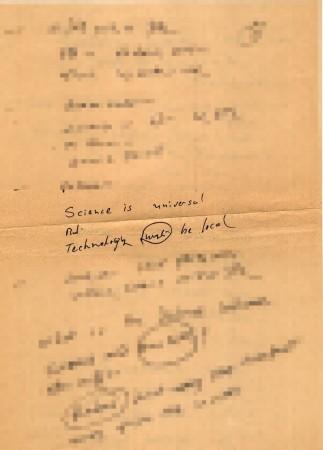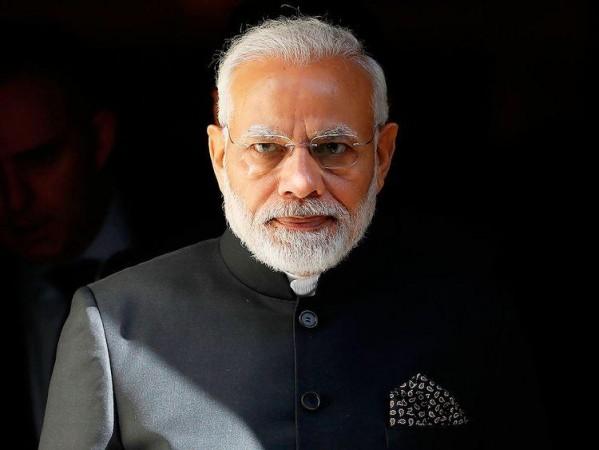
The nation is observing 'National Science Day' on Wednesday (February 28) in honour of the Nobel Prize winning physicist CV Raman. It was on February 28, 1928 when the discovery of 'Raman Effect' came to light and made the global scientific community, aware of Indian physicist's rare findings.
While the nation pays homage to one of its most notable scientists, Prime Minister Narendra Modi's 'thoughts about science during his childhood' are garnering everyone's attention.
Modi Archive, an X handle, on Wednesday shared PM Modi's thoughts on science when he was young.
'Science is universal but technology must be local,' says the Modi Archive handle in his personal diary, from young age.
Notably, the words of wisdom from 'young Modi' goes on to show his penchant and inclination towards science and technology, since early age.

PM Modi, being a strong proponent of assimilating technology in daily life and work, is himself a technology geek. His penchant for technology in governance has brought a revolutionary change in making India 'go digital'. Today, a huge chunk of rural India is connected to mainstream banking, welfare funds are directly being transmitted to their accounts while the monetary transactions have gone digital, even in remote locations.
PM Modi's push for technology is evident from government's priorities on setting up colossal bases of manufacturing for semi-conductors as well as drones.
PM Modi is personally invested in India's space exploration programmes. His government's appeal to citizens, 'Go vocal for local' has struck a huge chord with citizens and is also bringing unprecedented dividends for small towns and cities.
In defence sector too, Modi government has emphasised the need and urgency for indigenous and homegrown production of arsenals rather than depending on foreign technology. This initiative has bore fruits too. Brahmos missile, Prithvi and Akash missiles are some noted examples of government's 'defence indigenisation' push.
Notably, Indian scientist and physician CV Raman was conferred Nobel Prize in Physics in 1930. He was also the first Asian to receive Nobel Prize in science.
(With inputs from IANS)

















